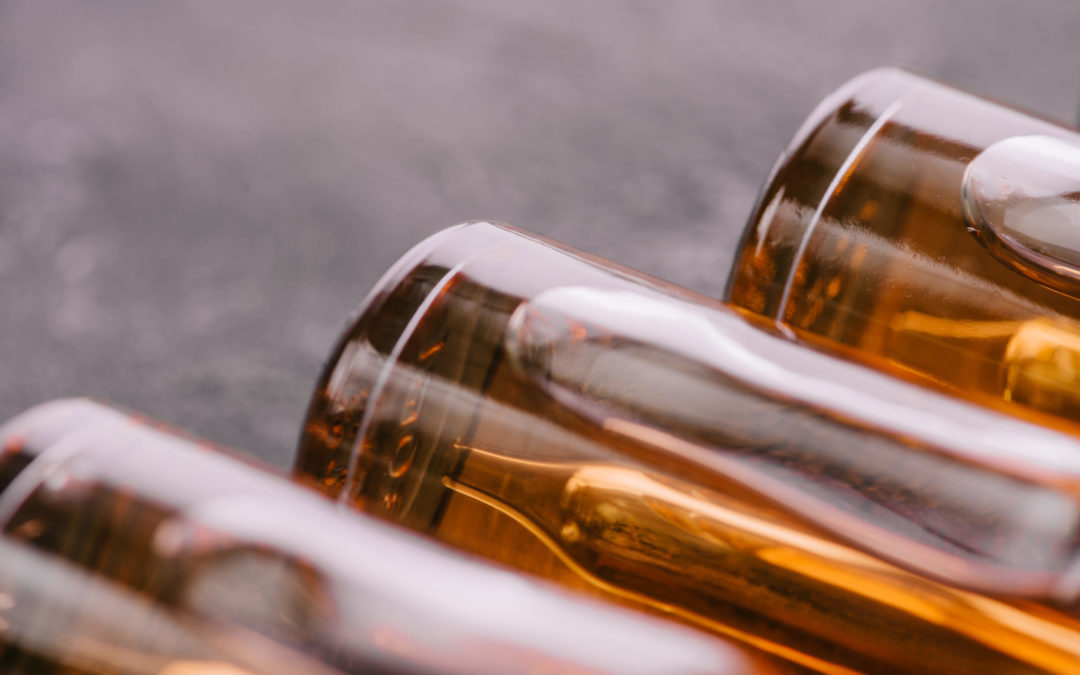United Cannabis (UCann) owns US Patent 9,730,911, which discloses methods of extracting cannabinoid oils from cannabis plant material and formulations of the oils. The patent has 36 claims, all on various formulations of cannabinoids. Of particular interest is claim 10, which recites “A liquid cannabinoid formulation, wherein at least 95% of the total cannabinoids is cannabidiol (CBD),” i.e., an essentially pure form of CBD oil in a pharmaceutical formulation.
Given the great commercial interest in CBD oil and the breadth of this claim, this is obviously a very interesting patent, and the infringement action here is worth watching. The broad claims, if upheld, could significantly impact the burgeoning CBD market.
UCann sued Pure Hemp Collective LLC in Colorado for patent infringement on July 30, 2018 alleging that Pure Hemp made various infringing products, including at least one product containing CBD oil that was at least 95% pure, and therefore infringing claim 10. As of now, this is the only lawsuit UCann has filed asserting the ‘911 patent.
This litigation is active (not settled as of May 31, 2019) and proceeding with vigorous arguments on both sides. Pure Hemp filed an answer and has made several attacks on the patent at the pleadings stage.
Pure Hemp’s most significant attack so far was to challenge the validity of the claims under 35 USC §101, alleging that the claims are not patentable subject matter, and fall within the scope of unpatentable subject matter the so-called Alice standard (Alice Corp. Pty. v. CLS Bank Int’l, 134 S.Ct. 2347 (2014)). In Alice and related cases, the Supreme Court articulated a rule, however cryptically, that natural phenomena are not patentable. Since the various components of cannabis oil are all naturally produced by cannabis plants, so the argument goes, they should not be patentable because they are natural phenomena (See Pure Hemp motion for Partial Summary Judgement, ECF No. 32, filed 11/29/2018).
Sec. 101 jurisprudence has been an active area of patent litigation in recent years and its likely the pendulum is swinging back to fewer courts finding patents invalid under Alice.
Here, the court rejected Pure Hemp’s motion in an opinion issued 4/17/2019 (ECF No. 56), finding that the various formulations claimed in the ‘911 patent are not a natural phenomenon, so are therefore patentable subject matter.
However, this is a preliminary decision at an early stage and we are nowhere near the final word on this case. A litigation like this may ultimately have attacks on novelty, obviousness and written description. Pure Hemp can also argue they are not infringing. In addition Pure Hemp can file an Inter Partes Review challenge, which is an administrative proceeding at the patent office where Pure Hemp can challenge the validity of the patent based on prior art, i.e., Pure Hemp can attempt to show that others had “formulations” of cannabinoid oils prior to the earliest filing date of the ‘911 patent (Oct. 21, 2014). We have yet to see the substantive arguments on patentability based on prior art and other substantive defenses. So it is really too early to handicap the outcome at this stage.
This case is Colo. 1:18-cv-01922, filed 7/30/2018. This post is also appearing in the Cannabis Law Digest.
For additional questions, contact:
Andrew H. Berks, Ph.D., J.D.
Patent Attorney
Berks IP Law PLLC
85 Broad St, 17th Floor
New York NY 10004
Direct: +1-646-797-2952
mobile: +1 845-558-7245
andrew@berkslawdev.wpengine.com, aberks@chintaperdomo.com
berksiplaw.com chintaperdomo.com pharmatechlaw.com


Recent Comments